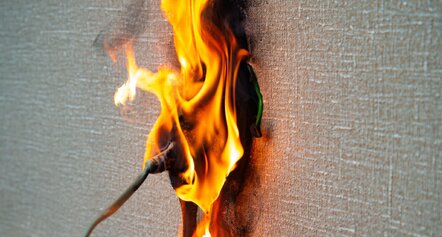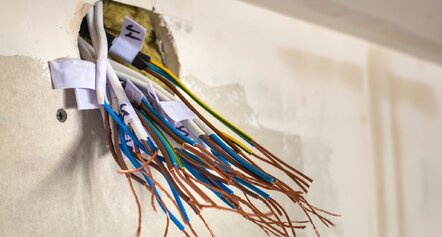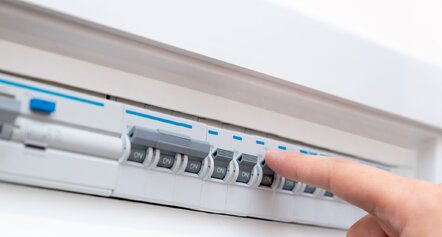Water damage can strike without warning, and when it does, the effects aren't just soggy carpets or warped floorboards. In fact, one of the most overlooked consequences is the potential emergency electrical risk that water poses.
When water and electricity mix, things can turn dangerous fast - we're talking about electric shock, electrical fire, and serious harm to people and property.
So, how do you know when water damage becomes an emergency electrical risk, and what steps should you take to stay safe?
The Shocking Truth About Water and Electricity
Let's start with the basics. Water is a strong conductor of electricity. That means when it comes into contact with electrical wiring, outlets, or appliances, it creates a very real risk of electrical hazards. This can lead to power outages, electric shock, or even a fire. Whether it's a storm, a burst pipe, or a leaking roof, water near electrical installations is never a good sign.
Even a small leak can compromise electrical systems. Moisture seeps into walls and ceilings, sneaks behind switchboards, and before you know it, you're dealing with live wires in wet areas. Not only does this damage your home, but it also turns your property into a high-risk zone.
When Electrical Risk Becomes an Emergency
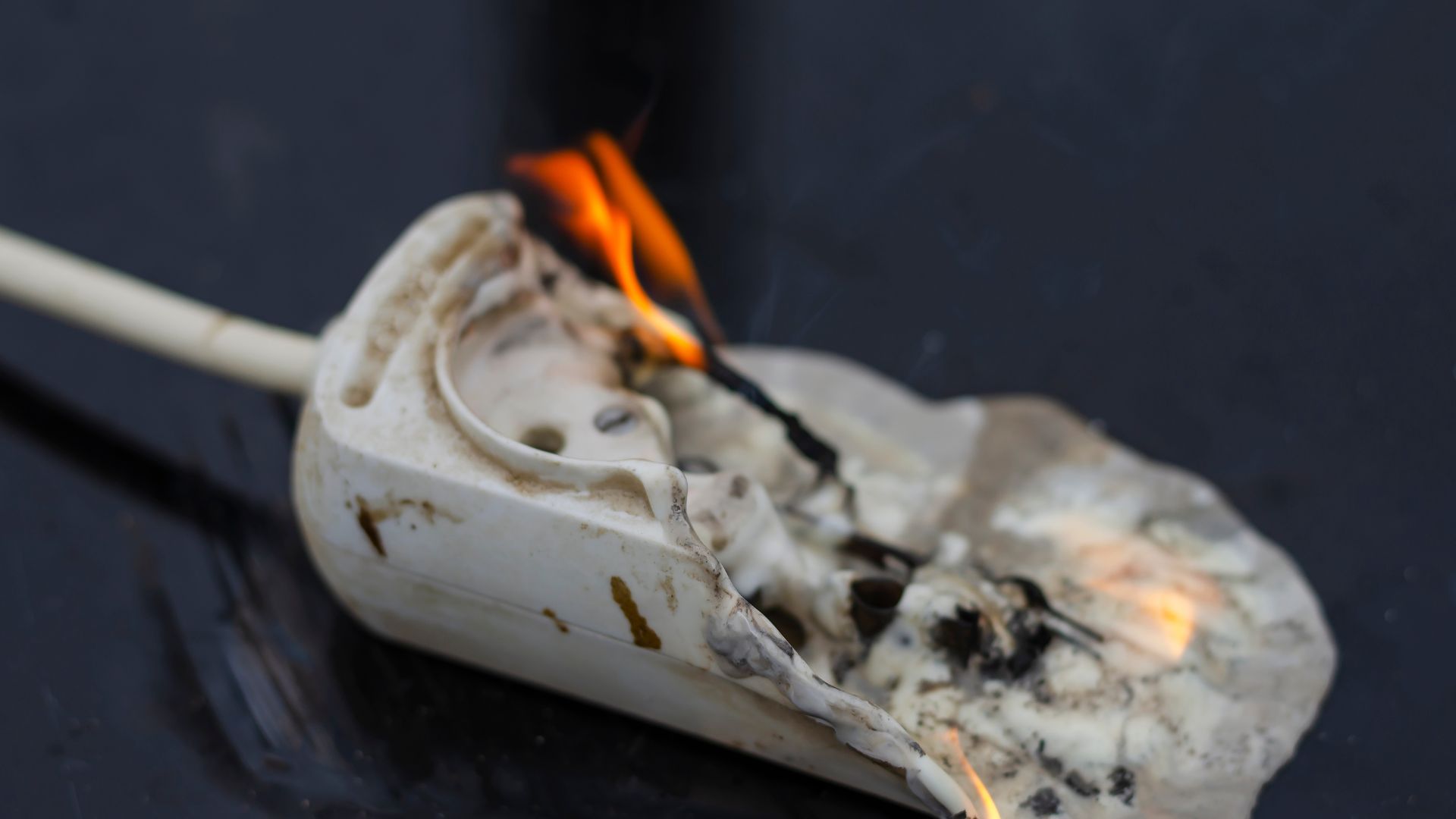
Knowing the warning signs can help you act before things get worse. If you notice any of these red flags, you could be facing a serious emergency:
- Buzzing, humming or crackling sounds from outlets
- Circuit breakers that keep tripping
- Wet or discoloured power points
- Lights flickering for no obvious reason
- Sparks, burning smells, or visible fire
- Water pooling near switchboards or wiring
In these cases, the risk of electrical shock or fire is high. Do not touch anything, and definitely don't try to fix it yourself. Stay away from wet electrical appliances and call a licensed emergency electrician immediately.
Common Causes of Water Damage Around the Home
Water can sneak into your home in a bunch of ways. Some of the most common include:
- Intense storms that cause roof leaks or flooding
- Burst pipes inside walls
- Overflowing bathtubs or blocked drains
- Faulty washing machines or dishwashers
- Leaks from upstairs neighbours (in units)
The combination of water and electricity in any of these scenarios increases the risk of electrical issues significantly. That's why it's important to know where your electrical installations are located and how to shut off power if needed.
What to Do Immediately: Safety First
If your home has experienced water damage, take these steps right away:
- Turn off the power supply at the main switchonly if it's safe to do so.
- Stay away from all wet areas and electrical equipment.
- Call a licensed emergency electrician to assess the damage.
- Avoid using appliances until they've been checked.
- Contact your insurance provider to report the issue.
Never try to use wet appliances or touch anything connected to power. Even if it looks dry, moisture could still be inside the walls or equipment. Safety should always be your first priority.
The Role of Emergency Electricians
Emergency electricians are trained to deal with water-related electrical problems. They'll inspect your home, check for damaged wiring, test your system for safety, and repair anything that's been compromised.
A professional electrician will know exactly what steps to take, whether that's isolating power zones, replacing burnt-out wiring, or identifying hidden hazards that aren't immediately visible. If the risk of electrical problems is high, don't delay - get help immediately.
Preventing Electrical Hazards in the Future
Prevention is always better than repair. Here are some practical tips to protect your home:
- Keep appliances off the floor in areas prone to flooding.
- Install RCBOs (also known as RCDs or circuit breakers) to cut off electricity in dangerous situations.
- Have regular electrical inspections done by a licensed electrician.
- Seal your roof and windows before storm season.
- Know your switchboard location and how to safely shut off power.
- Avoid DIY wiring or electrical work - it's not only unsafe, but it is also illegal.
The Dangers You Can't Always See
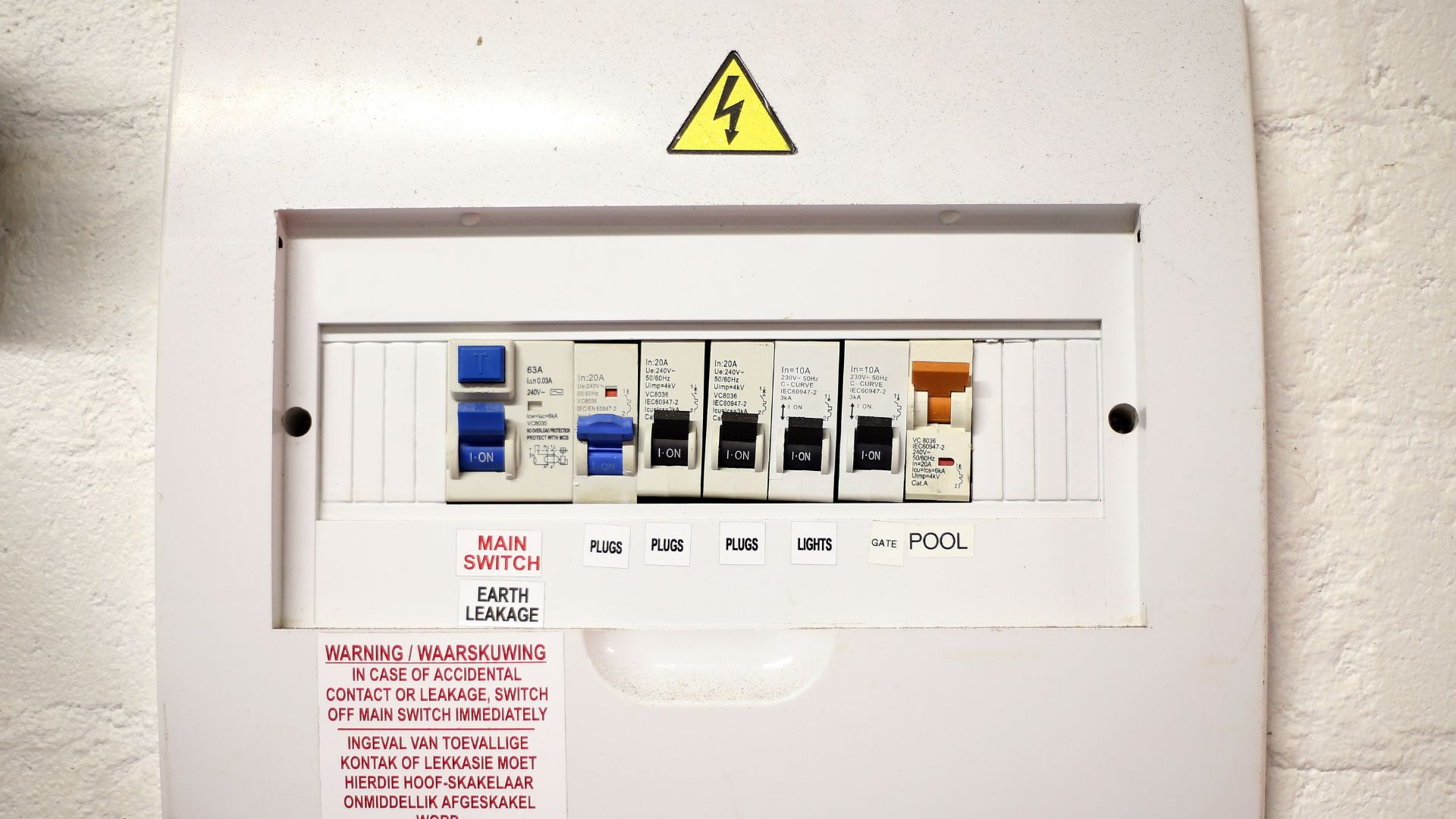
What makes this issue so serious is that electrical damage isn't always obvious. Wiring inside walls, behind skirting boards, or under flooring could still be live. Water damage can weaken your home's entire electrical system without you even realising it.
That's why you should always get an expert assessment after any flooding, storm damage or leak. An emergency electrician will be able to determine if your home is still safe or if you're at risk of electric shock or fire.
Know When to Act
It's easy to underestimate the impact of water damage, especially when everything looks fine on the surface. But behind that clean-up job could be a dangerous wiring problem waiting to spark.
If there's even the slightest chance your electrical system has been compromised, take action immediately. Your safety, your home, and your peace of mind are worth it.
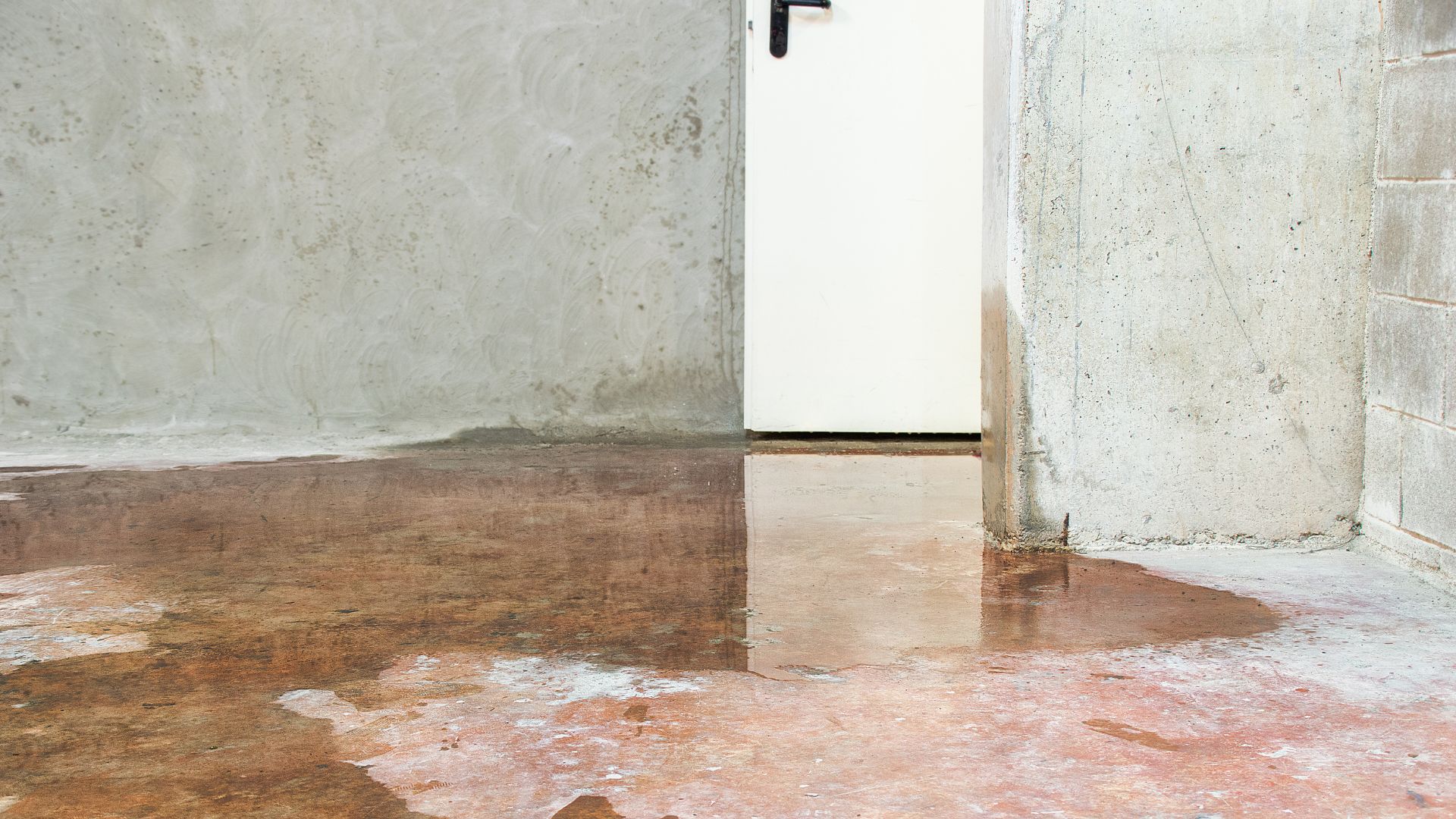
Stay Safe and Power Smart
When water damage becomes an emergency electrical risk, knowing what to do - and when - is critical. Don't wait for visible signs of danger. If you've had flooding, a leak, or storm damage near your wiring or power points, call a licensed emergency electrician straight away.
Electrical hazards aren't something to gamble with. Stay alert, take quick action, and always choose safety over shortcuts. Because when it comes to electricity, being proactive could save your home - or even your life.
If you need an emergency electrician on the Sunshine Coast, contact Watt Edge Electrical for 24/7 assistance!
Frequently Asked Questions
What happens if water gets into electrics?
When water gets into electrics, it can cause immediate and serious problems. Water conducts electricity, so once it enters electrical systems, it can lead to short circuits, blown fuses, or even full system failures. The wiring may corrode over time, increasing the risk of electrical fires or dangerous malfunctions. Wet electrical installations can also remain live, posing a risk of electric shock long after the initial exposure.
If water damage affects your powerpoints, switchboard, or wiring, it's considered an emergency electrical risk. Always call a licensed electrician to assess the situation and ensure your home is safe.
What to do if water gets into an electrical outlet?
If you suspect water has gotten into an electrical outlet, do not touch it or attempt to test it. Water in an outlet creates a live electrical hazard and increases the risk of shock or fire.
Here's what to do instead:
- Turn off the power supply at the main switch - but only if it's safe to access.
- Stay away from the wet area and keep others away too.
- Call a licensed emergency electrician immediately to inspect and repair the damage.
- Avoid using any appliances near the affected area until it's been declared safe.
Prompt action can prevent further damage and protect your home from potential hazards.
What are the electrical hazards of water?
The electrical hazards of water include:
- Electric shock - one of the most immediate and dangerous risks.
- Electrical fires - water can trigger sparks, short circuits, and overheating.
- Equipment failure - appliances and systems exposed to water may malfunction.
- Corroded wiring - over time, moisture degrades insulation and increases the risk of future faults.
- Live surfaces - wet materials like carpets or walls can carry current, posing a shock risk.
Any contact between water and electricity should be treated as a serious safety issue. Emergency electricians are trained to deal with these hazards and restore your system safely.
Does water increase the risk of electric shock?
Yes, absolutely. Water dramatically increases the risk of electric shock because it allows electricity to flow freely through the body or other conductive materials. Even a small amount of moisture near live wiring or appliances can be dangerous.
That's why staying away from wet areas with exposed powerpoints or appliances is so important - especially after flooding, a leak, or storm damage. If you're unsure, always assume the area is unsafe and call a professional to inspect your electrical system before turning the power back on.


